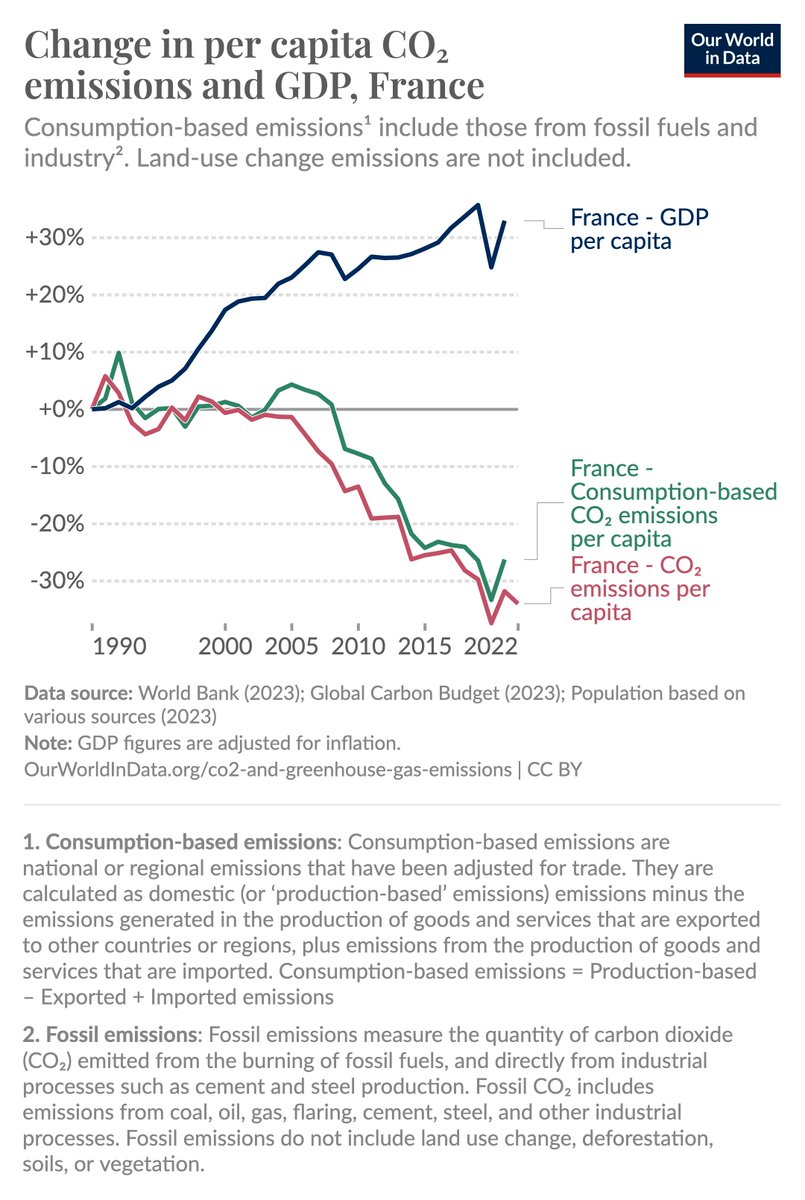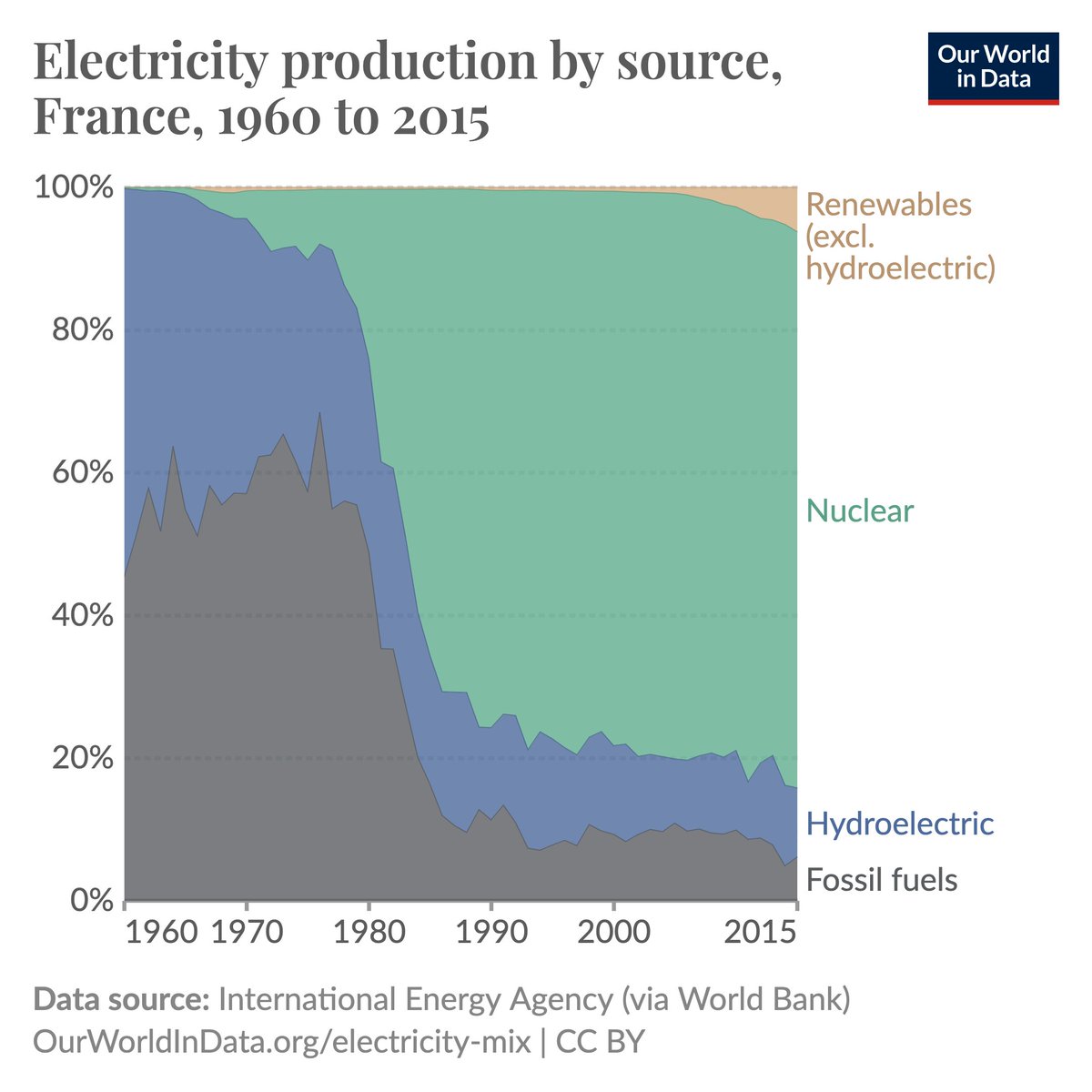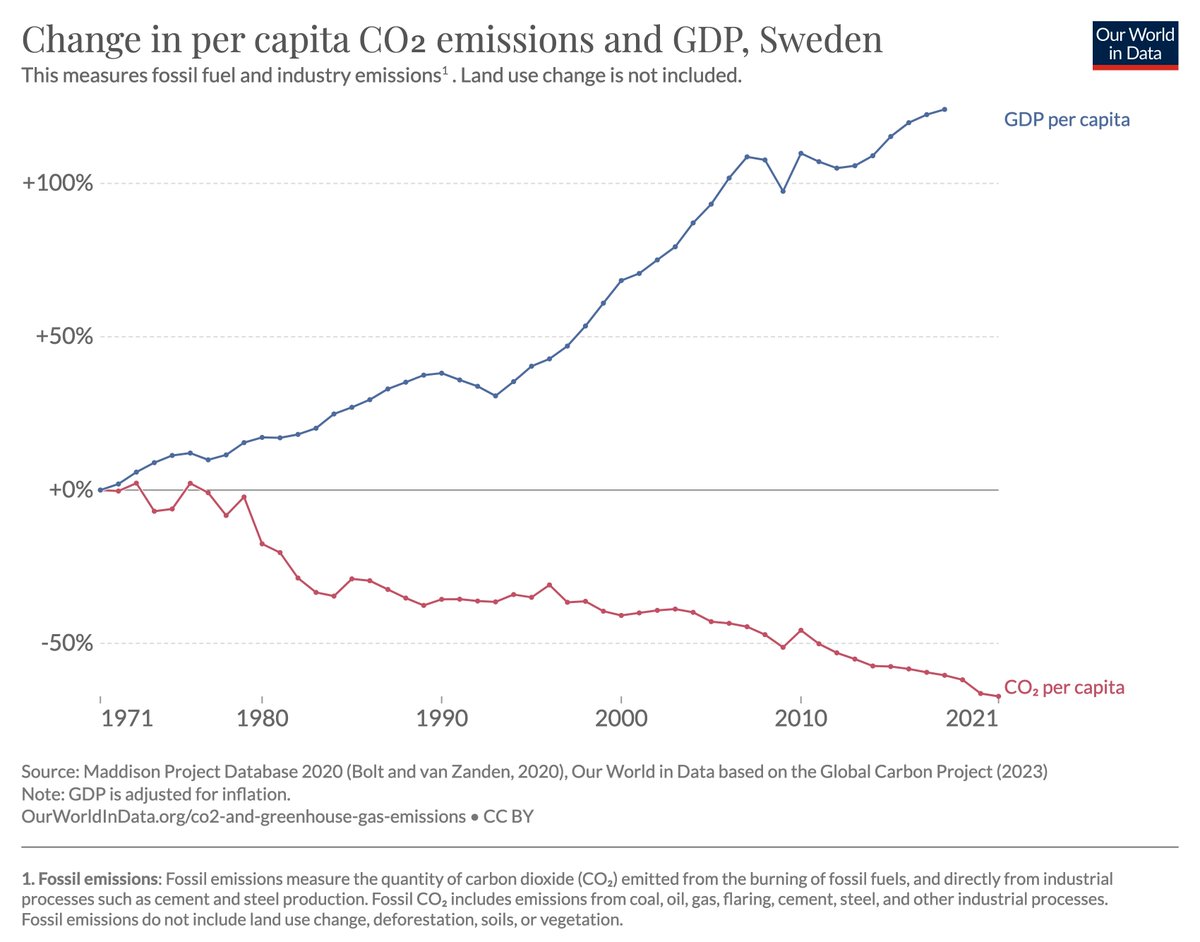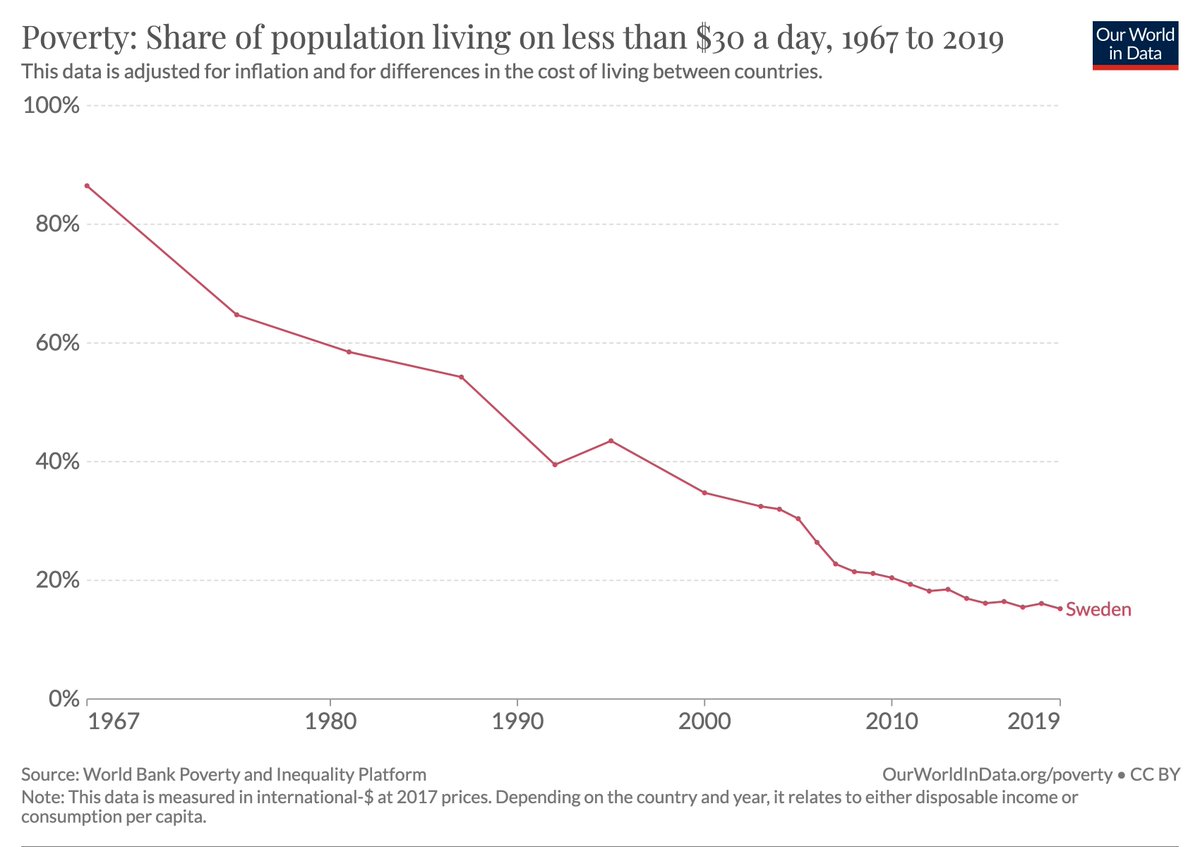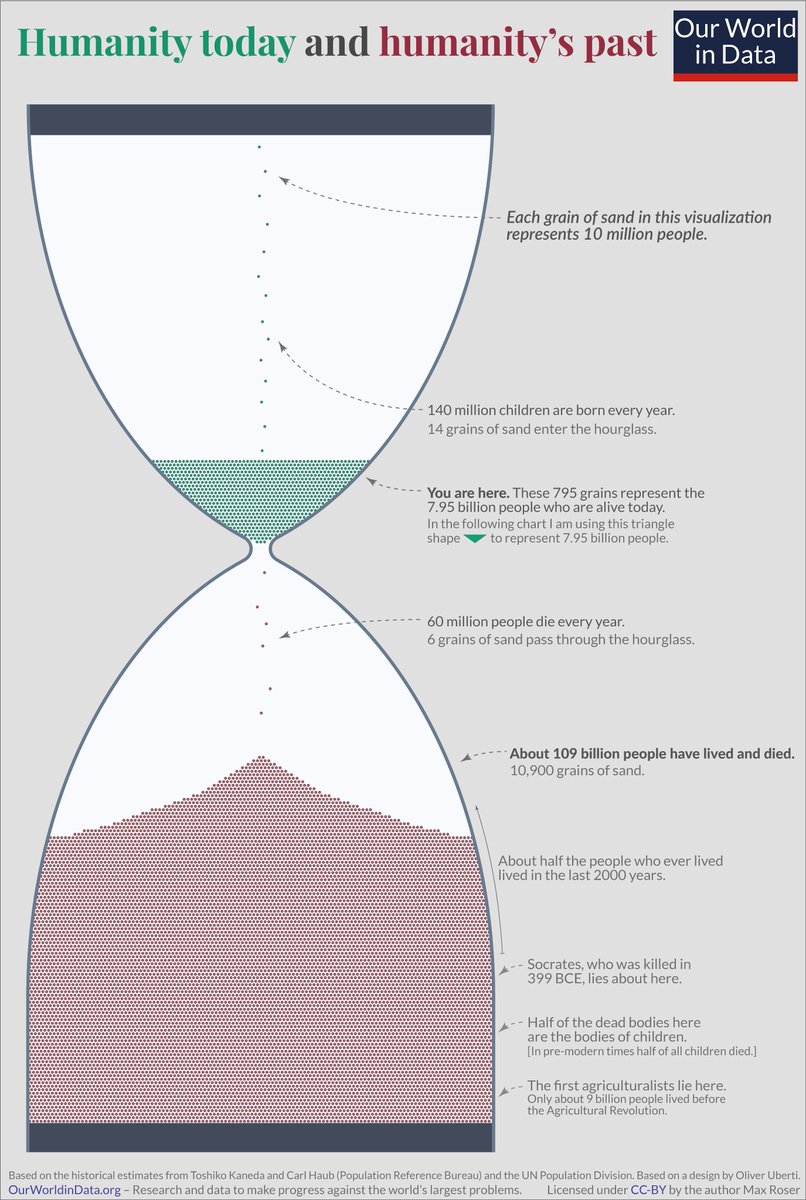Economists are not known for agreeing much with one another.
Regarding the challenge of how to achieve the required reduction of greenhouse gas emissions a majority of the most widely respected economists agrees however: carbon taxes.
igmchicago.org/?s=carbon+tax

Regarding the challenge of how to achieve the required reduction of greenhouse gas emissions a majority of the most widely respected economists agrees however: carbon taxes.
igmchicago.org/?s=carbon+tax
https://twitter.com/MaxCRoser/status/1308025163343159296


This here is a survey of 365 economists who have published papers related to climate change “in a highly ranked, peer-reviewed economics or environmental economics journal” and the result is the same.
[link policyintegrity.org/files/publicat…]
[link policyintegrity.org/files/publicat…]

This survey also finds that compared with the general public (pie chart at the bottom) a much larger share of economists believes that climate change is a serious problem and that it is time to act now.
(Very much contrary to the caricature of economists in some media outlets.)
(Very much contrary to the caricature of economists in some media outlets.)

And even some of the most conservative economists (who usually favor a small state with minimal taxes) advocate for a carbon tax.
Greg Mankiw here web.archive.org/web/2001090208…
and Milton Friedman here forbes.com/sites/jeffmcma…
Greg Mankiw here web.archive.org/web/2001090208…
and Milton Friedman here forbes.com/sites/jeffmcma…
Greg Mankiw also wrote this short paper in which argues why a carbon tax is such a good idea.
scholar.harvard.edu/files/mankiw/f…
Perhaps because this paper is based on a speech it is very readable. No maths, little jargon.
scholar.harvard.edu/files/mankiw/f…
Perhaps because this paper is based on a speech it is very readable. No maths, little jargon.

• • •
Missing some Tweet in this thread? You can try to
force a refresh



